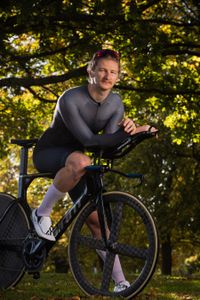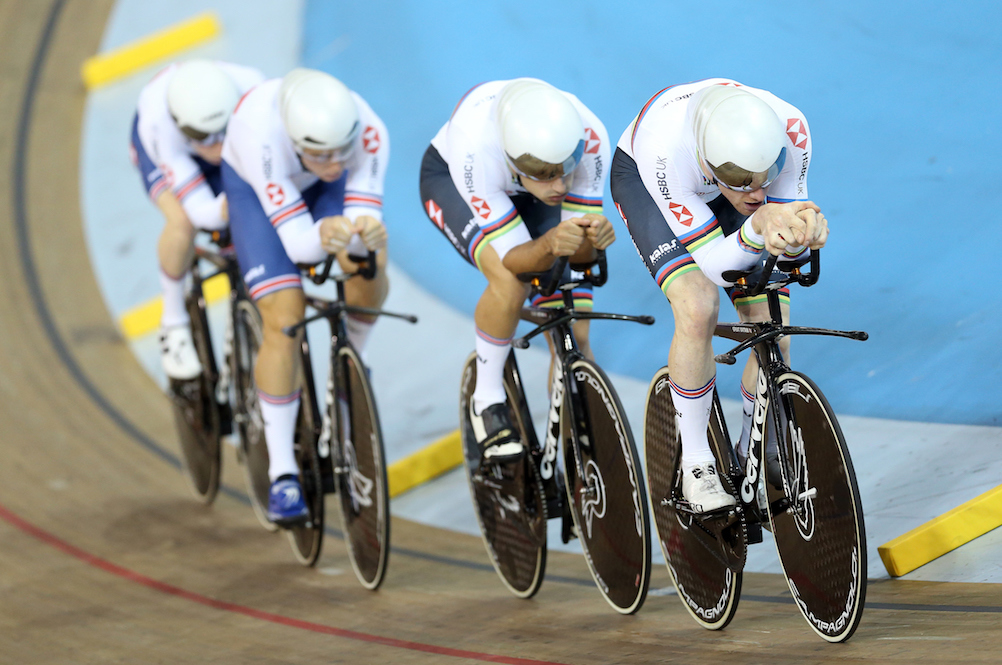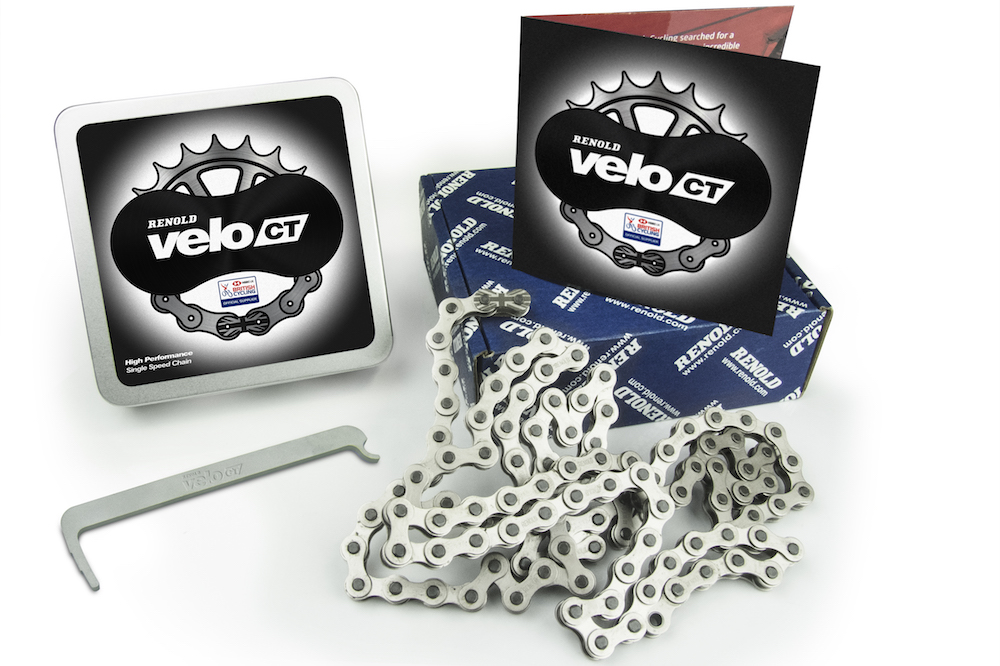You can buy the ultra-efficient chain used by Britain’s Olympic team – but it’s not cheap
Manufacturer Renold designed the tech after British Cycling identified problems with existing chains


The state of the art chain in use on the track (Picture by Vaughn Ridley/SWpix.com)
The latest race content, interviews, features, reviews and expert buying guides, direct to your inbox!
You are now subscribed
Your newsletter sign-up was successful
Historic manufacturers Renold are offering a limited number of their ultra-efficient chains used by the British Olympic team to the public – but it’s going to set you back a few quid.
British Cycling approached the Manchester-based firm in 2011 after they identified problems with their existing equipment.
Renold were tasked with creating an super-efficient and hardwearing bit of tech, fit for Britain’s Olympic track stars.
The result was the 138 Velo CT single-speed track chain.
>>> The best cycling shoes reviewed 2018: entry level models through to stiff soled race kicks
Engineering director at Renold, Detlef Ragnitz, said: “British Cycling came to us with some very interesting and specific challenges.
“Elite athletes make extreme demands on the chain. We looked at our technology portfolio to see what might be a good fit.”
The latest race content, interviews, features, reviews and expert buying guides, direct to your inbox!
The design was based on Renold synergy technology, which is widely used in the industrial sector due to its efficiency and durability.

Ragnitz added: “In industrial applications, greater efficiency means reduced carbon footprint.
“In cycling, it means more speed.”
The chain has a specially treated pin and bush to improve efficiency and reduce wear.
>>> How you can buy Mark Cavendish’s Cervélo S5
Its side plates are precision-formed and holed, before they are pre-stressed.
The plates are then nickel-coated before assembly to prevent corrosion.
Head of technology for the Great Britain Cycling Team, Tony Purnell, said: “Any loss of drive train efficiency means that some of the power from the riders’ legs gets wasted into heat, so it absolutely makes the bike quicker.”
The chain was used by the British track team at the 2016 Rio Olympics, where they picked up six gold medals.
Purnell added: “We knew when we were on the starting gates in Rio, we had the best chain in the world.”
In 1880 engineer Hans Renold invented the bush roller chain, which took the bicycle into a new world of efficiency and flexibility.
The basic technology is still used around the world.
Renold are selling a limited run of 138 sets of the Olymic-standard chain to mark the 138th anniversary of founder Hans Renolds invention of the bush roller chain in 1880.
But the single-speed chain will cost you, as the price is £250.
Alex Ballinger is editor of BikeBiz magazine, the leading publication for the UK cycle industry, and is the former digital news editor for CyclingWeekly.com. After gaining experience in local newsrooms, national newspapers and in digital journalism, Alex found his calling in cycling, first as a reporter, then as news editor responsible for Cycling Weekly's online news output, and now as the editor of BikeBiz. Since pro cycling first captured his heart during the 2010 Tour de France (specifically the Contador-Schleck battle) Alex covered three Tours de France, multiple editions of the Tour of Britain, and the World Championships, while both writing and video presenting for Cycling Weekly. He also specialises in fitness writing, often throwing himself into the deep end to help readers improve their own power numbers. Away from the desk, Alex can be found racing time trials, riding BMX and mountain bikes, or exploring off-road on his gravel bike. He’s also an avid gamer, and can usually be found buried in an eclectic selection of books.
